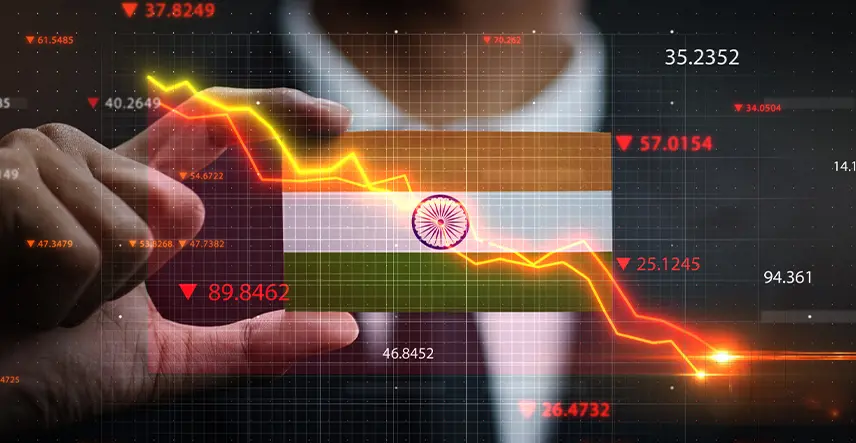
In India, you are required to pay taxes on any profits you make from investing your wealth in securities. Therefore, the main factor to consider when you make money from investing is the tax implications. As an investor, you should be fully aware of what precisely is subject to taxes, what is not, and the total amount of taxes that apply to you—either as a percentage of your profits or as a tax slab. Forex trading is becoming more and more popular in the modern era as more and more individuals engage in these transactions to generate substantial gains. As a result, the question of whether your trading profit is taxable affects your own financial situation.
It is illegal for you to trade forex directly in India. On the other hand, stock markets allow you to trade currencies in accordance with the Foreign Exchange Management Act, or FEMA. However, there are limitations, such as the requirement that the Indian Rupee be the sole base currency in a traded pair.
Table of Contents
Forex Trading Taxation Overview in India
In India, there is an income tax on forex trading. However, it functions quite differently than how stock trading would be. Before we get into currency taxes, there are three things to be aware of.
- In the beginning, futures and options (F&O) revenue might be considered business income or money from other sources. The majority of forex traders often report their profits as company income. You’ll see if this move makes sense later.
- Second, currency pair delivery trading is outright forbidden in India. Profits and losses on all forex deals are recorded in Indian Rupees (INR). Those who anticipated receiving a bag of USD or EUR at their door or in their demat account could be surprised by this.
- Third, exchange-traded derivatives are the sole way to trade currency pairings in India. Derivative trading profits might be categorised as ‘non-speculative’ company profits even if derivatives are a kind of speculation. F&O for currency pairings are also covered by this regulation.
Tax on Forex Trading in India: Comprehensive Guide
In India, there are two types of taxes applicable to forex traders.
The first is a direct tax, which is determined based on the gains earned and is subject to the individual’s Income Tax (I-T) slab. The following table provides an overview of the various tax slabs and their corresponding rates:
| Income Range (in ₹) | Tax Rate Applicable |
| 0 to 2.5 lakhs | None |
| 2.5 lakhs to 3 lakhs | 5% |
| 3 lakhs to 5 lakhs | 5% |
| 5 lakhs to 7.5 lakhs | 10% |
| 7.5 lakhs to 10 lakhs | 15% |
| 10 lakhs to 12.50 lakhs | 20% |
| 12.5 lakhs to 15 lakhs | 25% |
| 15 lakhs & above | 30% |
GST Implications on Forex Trading in India
The GST is imposed as a tax for various income brackets on all of your foreign exchange transactions, which are taken into account when determining your income from forex trading gains. The GST amount, which is the tax assessed on all revenue derived from company transactions, ranges normally from 5% to 18% of your generated earnings. You will be assessed the appropriate share of the earnings based on whether your income falls within a certain range.
| Slab | Transaction Value | Taxable Value | Tax Rate | GST (Maximum) |
| I | <₹1 lakh | 1% of transaction value | 18% | ₹180 |
| II | >₹1 lakh but ≤ ₹10 lakhs | ₹1,000 + 0.5% above 1 lakh | 18% | ₹180 to ₹990 |
| III | >₹10 lakhs | ₹5,500 + 0.1% of transaction value | 18% | ₹990 to ₹60,000 |
Forex Trading Tax Implications and Regulations in India
Forex trading in India is a popular investment option, but it comes with tax implications. Trading in foreign exchange directly within India is illegal, and certain regulations must be followed. Forex trading falls under different categories, with most traders reporting profits as business income. Taxation includes income tax (I-T) based on gains earned and the goods and services tax (GST) applicable to all foreign exchange transactions. The tax rates vary based on the individual’s income range, and the GST amount can range from 5% to 18% of the income. Understanding these tax structures is crucial for any investor looking to engage in forex trading in India.